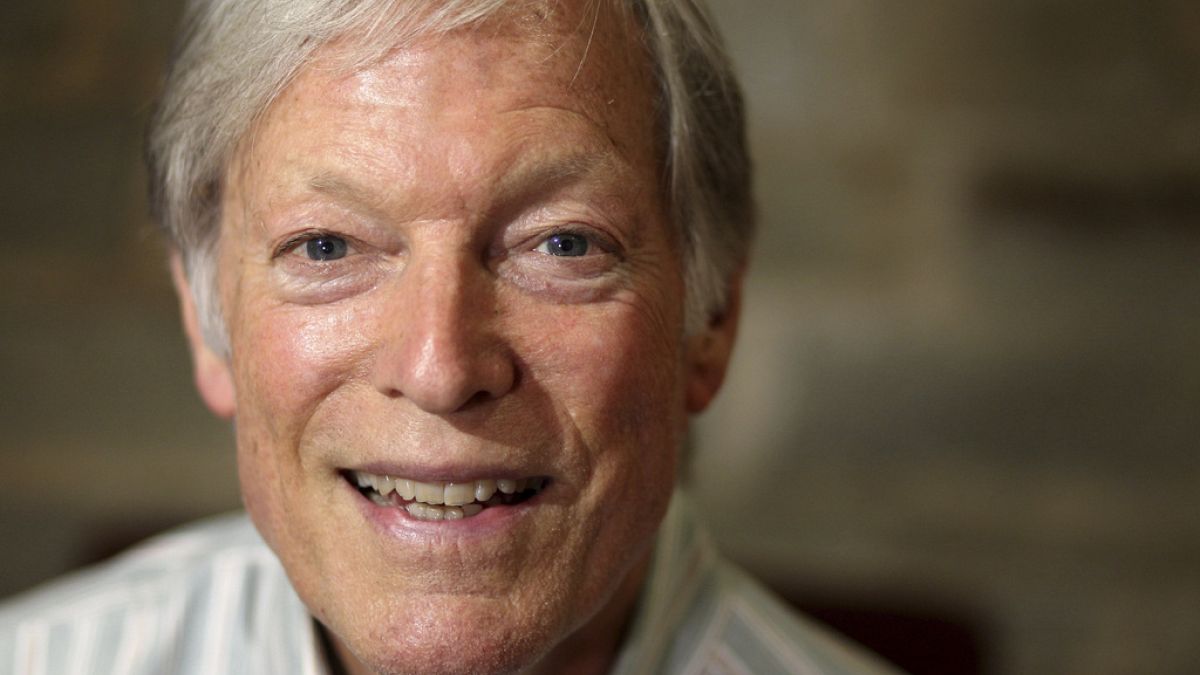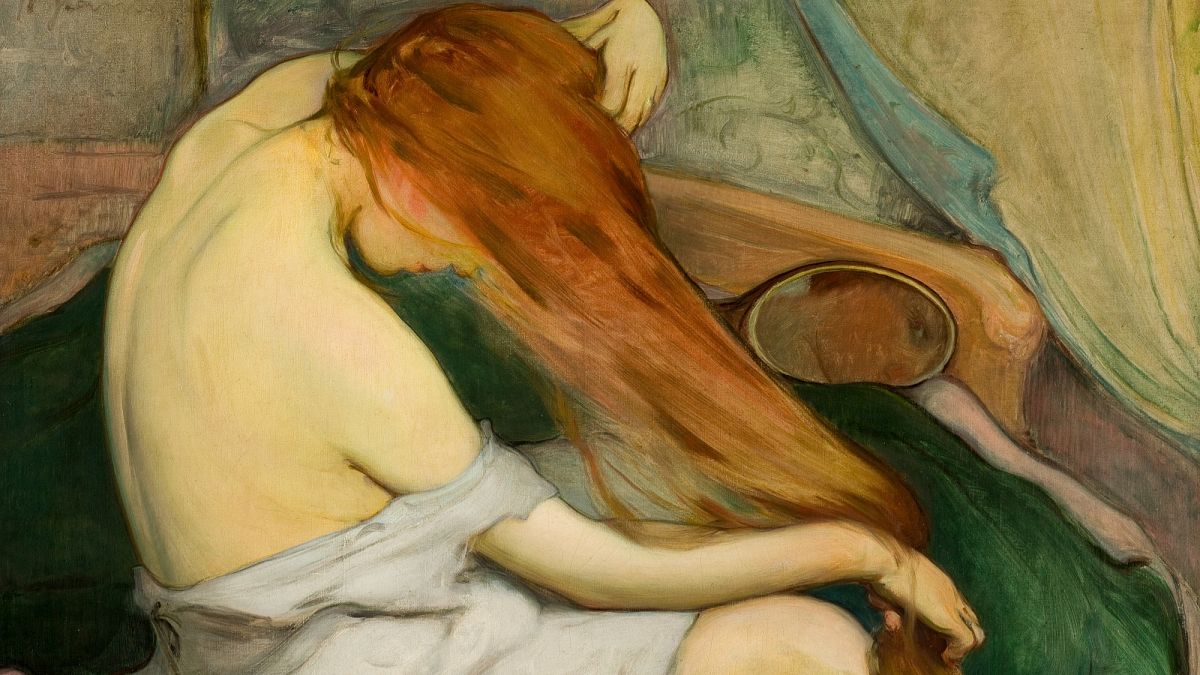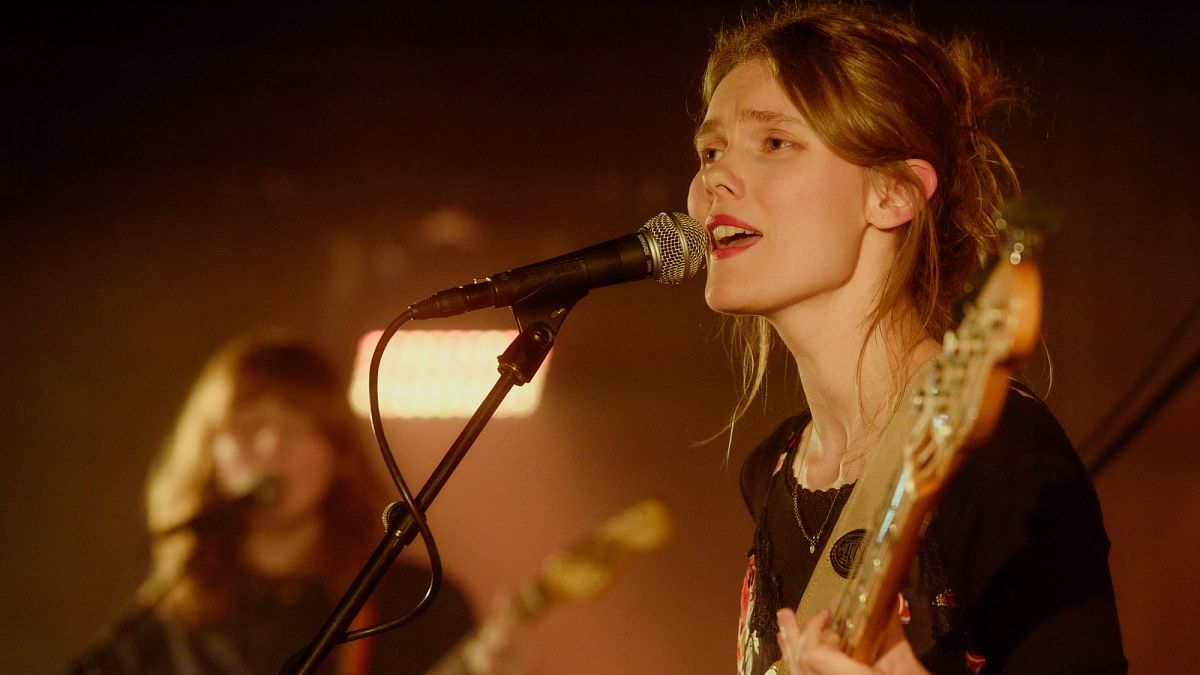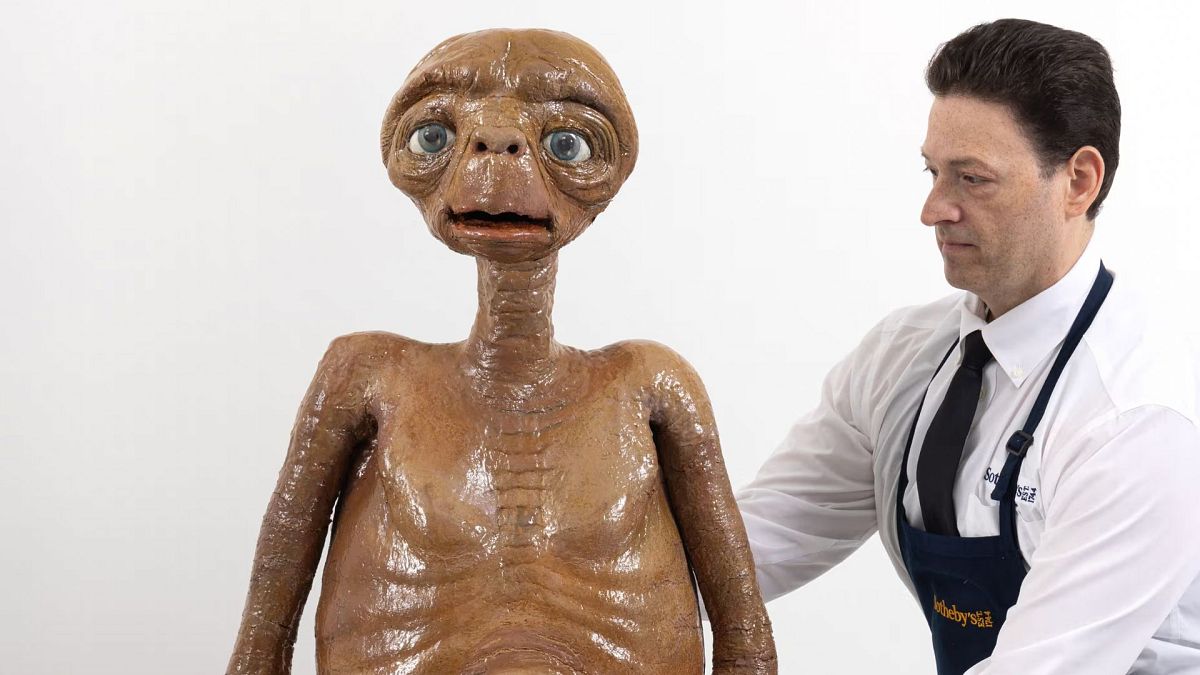Last year, the world watched shows predominantly from the early 00s. Why have we become so obsessed with shows from 20 years ago?
Rule nostalgia! Nostalgia rules the airwaves as global streaming figures show TV viewers spent most of last year watching old shows instead of falling in love with new material.
‘Grey’s Anatomy’ was the single most popular show around the world in the second half of 2024, data from TV analytics firm digital i reveals. In six months, the medical drama was watched for more than a billion hours.
American shows dominated the top spots of the world’s most watched TV. The rest of the top five most-watched shows were ‘Prison Break’, ‘Lost’, ‘The Big Bang Theory’, and ‘Dexter’.
In digital i’s findings, they also singled out the European market’s viewing habits. Across the continent, ‘Grey’s Anatomy’ was once again the most popular show, with global fourth place show ‘The Big Bang Theory’ taking the silver spot on the podium.
British regency romance show ‘Bridgerton’ was in third place, but the rest of Europe’s habits also skewed American, with ‘The Simpsons’ and ‘Criminal Minds’ taking up the remaining top five spots.
While these shows offer a broad range of genres and styles, from the medical periodical ‘Grey’s Anatomy’ to the prestige epic ‘Lost’, goofy sitcom ‘The Big Bang Theory’ and cartoon comedy ‘The Simpsons’, there is a prevailing factor all the shows share – they’ve been on air for ages.
Of the global and European top five, only four of the shows are still being broadcast. Beside ‘Bridgerton’ all of the shows aired in the early 00s. Five of the shows’ first series were released in 2005.
In fact, the average year the top 10 shows were first released is in the first quarter of 2005, such is the predominance of the early noughties in the listings.
Clearly, TV habits around the world have a preference for the shows they first enjoyed two decades ago.
Last week, we reported that Apple was losing $1 billion (€926 million) annually on its streaming service Apple TV+. Much of the money Apple and its rivals Netflix, Disney and Amazon throw at their streaming platforms is in funding the production of new shows and films. If viewers are just as happy to watch the same old shows that they’ve been watching for the past two decades, are they wasting their money?
In 2020, the concept of ambient TV was first floated. In an article for the New Yorker, Kyle Chayka reviewed the Netflix show ‘Emily in Paris’ as a prime example of it.
“The purpose of ‘Emily in Paris’ is to provide sympathetic background for staring at your phone,” wrote Chayka. “It’s OK to look at your phone all the time, the show seems to say, because Emily does it, too.”
Brian Eno denoted his self-coined ambient music “as ignorable as it is interesting”, and Chayka applied this formula to the Netflix series about a dull American dilettante flitting through French cliches as she inexplicably succeeded at her marketing job.
Nearly three in four Brits (72%) use their smartphones while watching TV, with the average viewer reaching for their mobile device eight times during a half hour show.
This huge predominance of phone usage while we watch TV must have something to do with how our habits have lent towards nostalgia in the age of smartphones and streaming. Fantastic new dramas like ‘Adolescence’, ‘Severance’ and ‘The White Lotus’ might have stacked casts acting the hell out of pristine scripts with stunning cinematography, but that’s no use if most users are focusing more on getting to the next level of Candy Crush Saga.
“We are more into multitasking. We seem to be confused and audiences can’t keep their minds on things, so we can’t make anything that makes too much sense, takes our attention and requires an audience to focus,” David Chase, creator of ‘The Sopranos’ has said of modern viewers.
According to Chase, you couldn’t make ‘The Sopranos’ now because audiences want their information served up to them on a neatly digestible platter as they consume their true interest: whatever is on their phone screen.
“When that becomes the demand, you're not going to get complex antiheroes and super serialised storylines where you really have to follow all these details to understand it,” agreed Sam Esmail, the creator of ‘Mr. Robot’.
While those elements are certainly present in some of the top ranking shows like ‘Lost’, for many viewers, this is not their first time on the island. Everything is familiar and in the familiar. There is reliable satisfaction for the background of their social media-led lives.
Despite the pessimism, incredible shows continue to be released every year. If this year’s standout is ‘Adolescence’, then it fits neatly into the hole last year’s ‘Baby Reindeer’ left and ‘Succession’ the year before that. All are complex dramas that rightly will anyone’s attention away from their phones.
Still, there’s a consequence to all this ambient watching. Last year, a report found that 2023 saw a 14% decrease in original scripted shows broadcast in America. Many decried the news as the end of “Peak TV”, the era that brought prestige dramas like the ones mentioned above. If we don’t look up from our phones soon, we might only have nostalgia left to watch.

 2 days ago
4
2 days ago
4






 We deliver critical software at unparalleled value and speed to help your business thrive
We deliver critical software at unparalleled value and speed to help your business thrive






 English (US) ·
English (US) ·